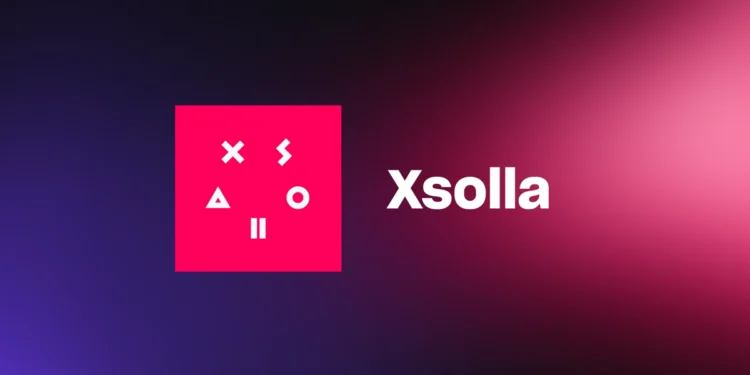Xsolla has formally responded to the U.S. Senate’s Request for Information regarding the CLARITY Act (H.R. 4763)—landmark legislation aiming to define how digital assets, tokens, and decentralized technologies should be regulated. ([turn0search0])
Key Industry Concerns Highlighted by Xsolla:
- Not All Tokens Are Securities: Xsolla argues that in gaming contexts, many tokens are functional—used for access, customization, or content—rather than investment tools. Lumping all tokens under securities law discourages innovation.
- Safe Harbors for Smart Contracts: The company recommends legal protections for smart contract-based royalty splits among creators, to support creative collaboration without triggering unwanted regulatory scrutiny.
- Exempt Governance Tokens: They suggest excluding non-transferable governance tokens from being classified as securities, easing developer flexibility in community-driven mechanics.
- Support for Small Studios: Xsolla calls for flexible compliance pathways, recognizing that indie developers need regulation that safeguards both innovation and consumer protection.
- Clarifying “Decentralization”: The response highlights the need for lawmakers to provide practical definitions of “decentralization” to reduce ambiguity in law enforcement.
- Rights to Peer-to-Peer Transfers & Self-Custody: Developers and players deserve legal space for directly owned assets and direct exchanges without regulatory overhead.
Why This Matters for Game Developers and the AVGC Industry
- Legal Clarity Fuels Innovation: Clearer rules help gaming studios experiment with Web3 elements without fear of violating securities laws.
- U.S. Remains Competitive: As regions like the EU and UAE build blockchain-friendly frameworks, U.S. developers need legal certainty to compete globally.
- Emerging Monetization Paths: Defined digital asset laws encourage new monetization models—royalties, creator tokens, in-game economies—for both studios and players.









